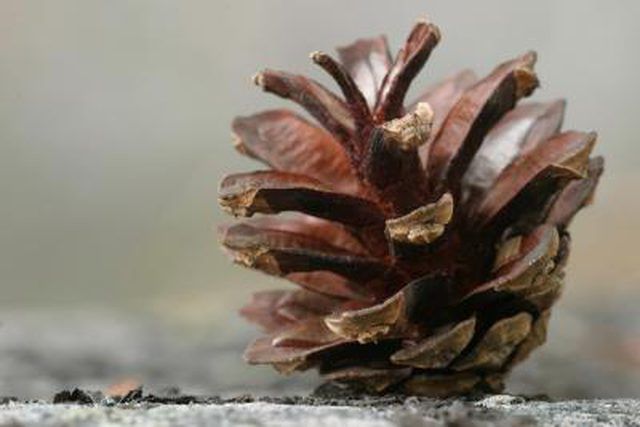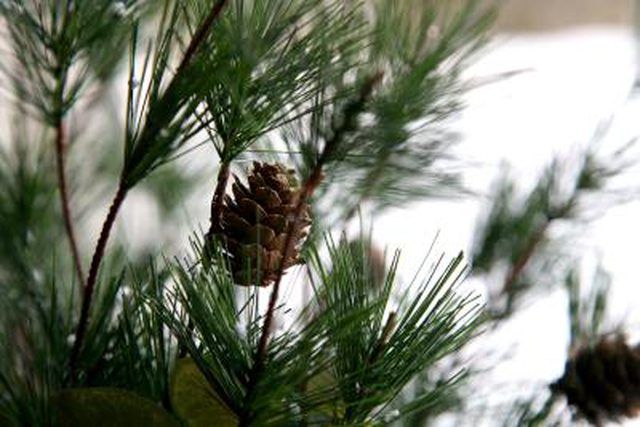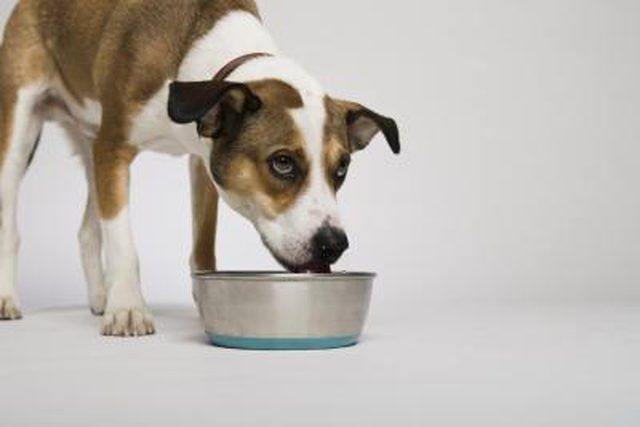Bulbs
Flower Basics
Flower Beds & Specialty Gardens
Flower Garden
Garden Furniture
Garden Gnomes
Garden Seeds
Garden Sheds
Garden Statues
Garden Tools & Supplies
Gardening Basics
Green & Organic
Groundcovers & Vines
Growing Annuals
Growing Basil
Growing Beans
Growing Berries
Growing Blueberries
Growing Cactus
Growing Corn
Growing Cotton
Growing Edibles
Growing Flowers
Growing Garlic
Growing Grapes
Growing Grass
Growing Herbs
Growing Jasmine
Growing Mint
Growing Mushrooms
Orchids
Growing Peanuts
Growing Perennials
Growing Plants
Growing Rosemary
Growing Roses
Growing Strawberries
Growing Sunflowers
Growing Thyme
Growing Tomatoes
Growing Tulips
Growing Vegetables
Herb Basics
Herb Garden
Indoor Growing
Landscaping Basics
Landscaping Patios
Landscaping Plants
Landscaping Shrubs
Landscaping Trees
Landscaping Walks & Pathways
Lawn Basics
Lawn Maintenance
Lawn Mowers
Lawn Ornaments
Lawn Planting
Lawn Tools
Outdoor Growing
Overall Landscape Planning
Pests, Weeds & Problems
Plant Basics
Rock Garden
Rose Garden
Shrubs
Soil
Specialty Gardens
Trees
Vegetable Garden
Yard Maintenance
Pine Cone and Pine Straw Poisoning in Dogs
Pine Cone and Pine Straw Poisoning in Dogs. Pine cones and pine straw can be dangerous for dogs. Pine oils are known toxins for canines, and pet owners need to use care with these materials in their home and yards.
Pine cones and pine straw can be dangerous for dogs. Pine oils are known toxins for canines, and pet owners need to use care with these materials in their home and yards.

Pine cones, straw and needles are less of a poison to dogs and are more dangerous because of their shape.

Cones, straw and needles pose a risk to a dog because of sharp ends and points, which can perforate or puncture the stomach or intestines if eaten by a dog. Because these objects aren't easily digestible, they can cause blockages in the stomach and digestive tract, which may require surgery.

Pine oil or sap, found in pine needles, is a mild irritant to dogs. According to the American Society for the Prevention of Cruelty to Animals (ASPCA), if a significant quantity of pine needles are ingested, a dog may experience "gastrointestinal irritation and minor nervous system depression."

Chemically processed pine oils and essences found in cleaning products, such as disinfectants and sanitizers, are toxic to dogs. Doses as small as 0.5 milliliter per pound of body weight can be fatal. If ingested, symptoms range from mouth irritation (in the mucus membranes) to eye pain, vomiting or retching to muscle weakness and difficulty walking or, in severe cases, coma and death.

If you suspect your dog has ingested pine oil, pine cleaning products, or pine cones, needles or straw, contact a veterinarian immediately. Make sure the dog has access to water, but do not attempt to induce vomiting, as it can cause additional damage or can worsen symptoms.
